The recent shortage of medicine and medical supplies has caused many patients to suffer, and the hospital itself is also under a lot of pressure.
Difficult in every way
Through investigation, the reporter learned that at K Hospital Tan Trieu, there are 5 radiotherapy machines, but machine number 2 (the machine covered by health insurance) is often broken, so patients switch to other machines. Sometimes, they have to wait until 2am for their turn for radiotherapy, making it very difficult for patients.
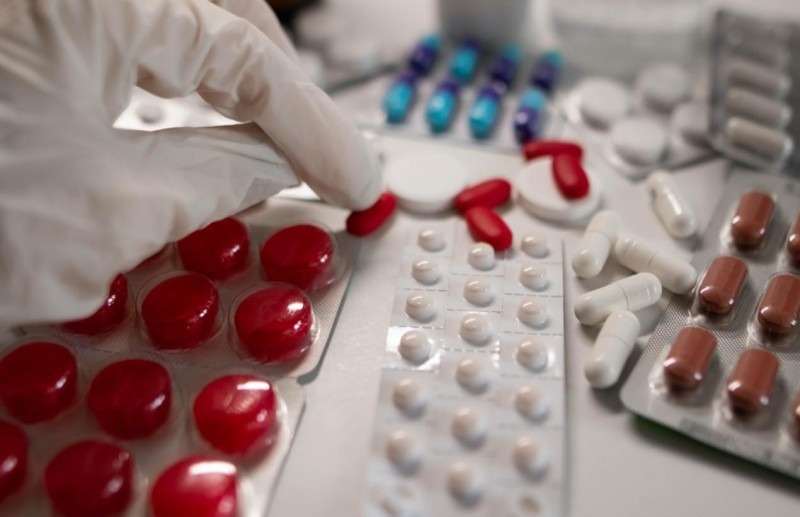 |
| The prolonged shortage of drugs and medical supplies causes many difficulties for patients. |
According to patients, because it is a health insurance machine, machine number 2 operates at full capacity every day, and sometimes breaks down. Many people worry about their radiotherapy schedule but do not have the machine, so they have to ask to transfer to another machine and have to pay because it is a service machine.
Due to the overload of patients, the radiotherapy machine had to operate at double capacity, so people had to wait until midnight and morning to receive radiotherapy at K Hospital.
Discussing the reality of not having enough radiotherapy machines for patients, according to Mr. Le Van Quang, Director of K Hospital, the hospital has 6 radiotherapy machines, including 5 machines at facility 3 and 1 machine at facility 2.
Machines 1 and 2 are covered by health insurance; the remaining 3 machines are socialized machines, only partially covered by health insurance, and must pay high technical costs depending on the disease, with appropriate fees.
Recently, X-ray machines No. 1 and No. 2 were broken, however the hospital has repaired them and put them into operation, but they cannot run at full capacity because these machines are old and expired.
Currently, we are only operating these two machines at a moderate capacity, irradiating 60-70 patients/machine/day. If the machines are running smoothly in 1-2 weeks, we will increase the number of patients.
On average, K Hospital receives 2,000 patients for examination, 1,000 patients for radiotherapy, and thousands of inpatients and outpatients per day.
Meanwhile, for the past 2 years, cancer patients from Bach Mai Hospital and Hanoi Oncology Hospital have flocked to K Hospital because the radiotherapy machines of these hospitals are broken (Hanoi Oncology Hospital has 2 broken machines and 1 broken machine; Bach Mai Hospital has 1 broken machine), so the number of patients has almost doubled, and the machines have to operate at maximum capacity.
According to Mr. Quang, the capacity of a radiotherapy machine is to treat 70 patients/day, but currently it has to handle 150 patients/day, the machine operates 20-22 hours/day including Saturday, so it is inevitable that it will break down.
While the cost of repairing a machine can be up to tens of billions of VND, it takes a month to be a contractor to buy replacement parts. To buy a new machine, according to the Director of K Hospital, there must be funds, because the cost of a radiotherapy machine is over 100 billion VND, so the investment must be gradual.
At the Central Endocrinology Hospital, branch 1 in Yen Lang, Thai Thinh, Hanoi, some patients with adrenal insufficiency are worried because for the past 3 months, they have not received any insurance-covered medicine to treat their adrenal glands, even though they have health insurance.
At Viet Duc Friendship Hospital, recently there were some commonly used drugs that were in short supply, such as Albumin, Gamma Globulin, and anesthetics.
According to the explanation of the hospital's leaders, the two drugs Albumin and Gamma Globulin were in short supply because there were no partners participating in the bidding, the hospital could not purchase them, so the shortage was real and this case was force majeure.
As for anesthesia, there is no alternative, while the demand of Viet Duc Friendship Hospital is very large because it is a special surgical hospital, each day the hospital performs from 270 to 300 surgeries and 30 - 40 emergency surgeries.
The National Institute of Hematology and Blood Transfusion has also been lacking some specific drugs and chemicals recently, while patients cannot access drugs of clear origin, causing treatment to be interrupted or delayed, including Vincristine.
In addition, the facility also does not have some types of treatment chemicals such as Methotrexate, Etoposide, Endoxan, etc., so patients are forced to buy them from outside to bring to the hospital for treatment. Not only chemicals, some types of medical supplies, infusion fluids, such as 5% Glucose, are also often in short supply.
Solving problems with many solutions
Faced with the overload and the difficult reality of patients, the Director of K Hospital said that the hospital previously proposed to buy 11 more radiotherapy machines, but is currently speeding up the bidding process. From now until 2025, 4 new radiotherapy machines will be purchased, including: 1 machine for facility 2, expected to be completed by the end of 2024; 3 machines will be purchased in 2025, of which 2 machines will be for facility 1 from the Government and the Ministry of Health. "If there are 4 more radiotherapy machines, the overload will be reduced and doctors and medical staff will not have to work overtime," said Mr. Quang.
Sharing the same difficult situation of lacking some types of medicine and supplies, according to Dr. Duong Duc Hung, Director of Viet Duc Friendship Hospital, the hospital must prioritize emergency surgeries, serious illnesses, while normal surgeries and cosmetic surgeries will not be prioritized. In addition, the staff here must increase the surgery capacity to 8-9 pm to meet the needs of patients.
"The doctors are also very tired, they have tried their best, if they try too hard, they cannot ensure the quality of medical examination and treatment for patients," said the Director of Viet Duc Friendship Hospital.
Having to buy medicine and medical supplies from outside is a heavy burden for people with health insurance, while this is a legitimate benefit they are entitled to.
It is known that in June this year, the Department of Health Insurance, Ministry of Health, consulted with units of 36 provinces and cities and surveyed and reported on the drug shortage situation in the past 3 years. 63 health departments reported and said that so far, there are basically enough drugs, only a few cases due to unsuccessful bidding.
Providing more information about patients having to buy health insurance drugs outside and ensuring people's rights, Ms. Tran Thi Trang, Director of the Department of Health Insurance, said that the Ministry of Health is developing a Circular regulating direct payment for medicine and medical supplies in health insurance examination and treatment to ensure patients' rights.
Accordingly, the drugs and medical supplies prescribed to the patient have been paid for or have not been paid for by health insurance before at the medical examination and treatment facility.
Medical examination and treatment facilities do not have available drugs and medical supplies to treat patients, for objective reasons such as bidding for those drugs and medical supplies but there is no winning bidder;
There are bidding results but at the time of prescribing drugs and medical supplies for patients, the supplier cannot provide them; in case of delay in having results of centralized bidding at national and local levels and price negotiation but the medical examination and treatment facility has not organized the bidding.
The Department of Health Insurance also proposed specific contents such as for drugs and medical supplies that have been previously paid for by health insurance at a medical examination and treatment facility, the payment price is the health insurance payment price at the time closest to the time when the medical facility or patient had to buy the drug.
For drugs and medical supplies that have not been previously paid for by health insurance at the medical facility, the payment price is the lowest winning bid price at the time the patient purchases the drug.
According to Mr. Do Xuan Tuyen, Deputy Minister of Health, this agency is completing the revised Law on Pharmacy and Law on Health Insurance to submit to the National Assembly for consideration and approval at the October session.
If the Pharmacy Law is passed, there will be 5 strong administrative reform policies to speed up the process of granting drug circulation licenses, helping establishments import drugs and supply them to medical facilities.
The leaders of the Ministry of Health also pointed out four new points in the policies issued to resolve the recent shortage of drugs and medical supplies.
First of all, it is allowed to use one quotation or the highest quotation suitable to the financial capacity of the medical facility and the professional requirements of the facility instead of 3 quotations as before.
In addition, purchasing equipment and chemicals must have a medical facility council to evaluate and recommend to avoid the situation of buying but not being able to use.
In addition, the contractor is designated in urgent cases to maintain the regular operation of the medical facility, that is, if the bid is not successful, the contractor will be designated.
At the same time, specific regulations are made for cases of epidemic emergencies that are subject to designated bidding; the option to purchase drugs to immediately purchase up to 30% of the previously signed contract volume.
According to Mr. Tuyen, the current regulations on bidding, procurement, and medicine are basically complete, but the main problem lies in the implementation at the grassroots level, which must be public, transparent, and free of signs of corruption and waste during the implementation process.
To overcome the shortage of drugs and supplies in the coming time, Deputy Minister of Health Do Xuan Tuyen suggested that when units submit bidding documents and evaluate bids, they need to carefully study the contractor's capacity to avoid the situation of contractors lacking drugs.
In bidding work, units need to assign the material department to be in charge of ensuring that all work is performed properly, and the implementing staff needs to be trained and perform bidding tasks long-term.
At the units, the general planning department, medical supplies department, pharmacy department, and accounting department must coordinate to develop a plan for supplying medicine and supplies for the following year.
Units must compile disease patterns over the past 5 years or at least the last 6 months to know which diseases will increase in order to plan supplies and medicines, and from there make plans to select contractors and bid.
At the same time, to ensure adequate drug supply, hospitals need to have a drug procurement plan for the following year from the fourth quarter. Units need to carefully study bidding guidelines to conduct public and transparent bidding.
Source: https://baodautu.vn/thieu-thuoc-vat-tu-khien-nguoi-benh-kho-so-tang-chi-phi-d222315.html


![[Photo] National Assembly Chairman works with leaders of Can Tho city, Hau Giang and Soc Trang provinces](https://vphoto.vietnam.vn/thumb/1200x675/vietnam/resource/IMAGE/2025/5/11/c40b0aead4bd43c8ba1f48d2de40720e)
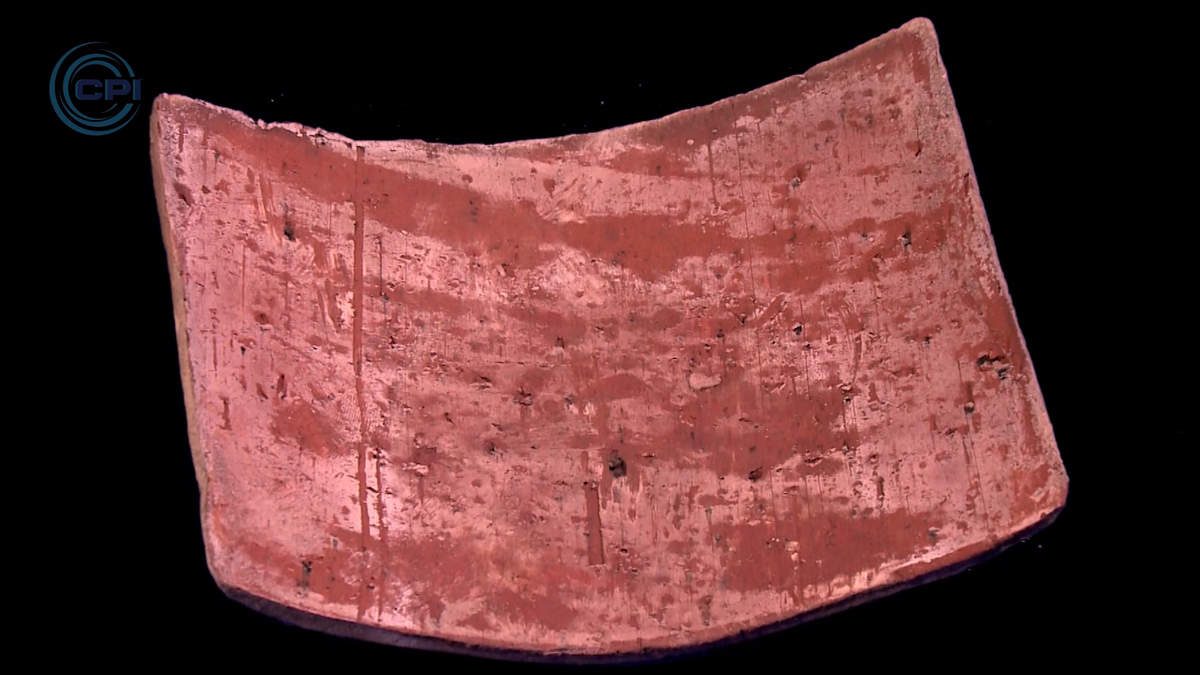

![[Photo] The moment Harry Kane lifted the Bundesliga trophy for the first time](https://vphoto.vietnam.vn/thumb/1200x675/vietnam/resource/IMAGE/2025/5/11/68e4a433c079457b9e84dd4b9fa694fe)

![[Photo] Prime Minister Pham Minh Chinh chairs the fourth meeting of the Steering Committee for Eliminating Temporary and Dilapidated Houses](https://vphoto.vietnam.vn/thumb/1200x675/vietnam/resource/IMAGE/2025/5/11/e64c18fd03984747ba213053c9bf5c5a)










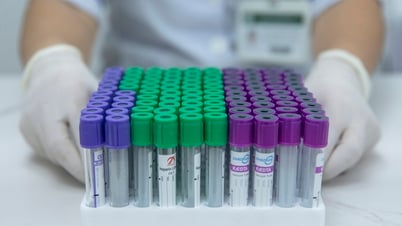
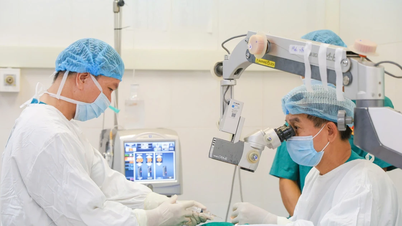

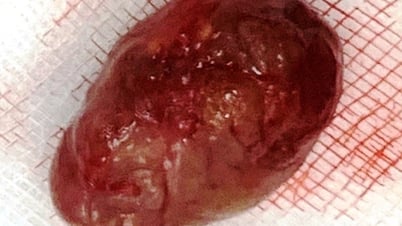










































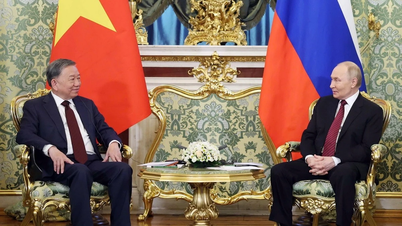
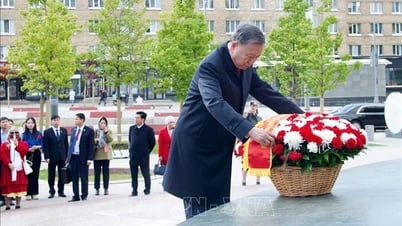

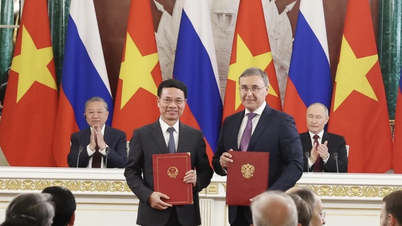
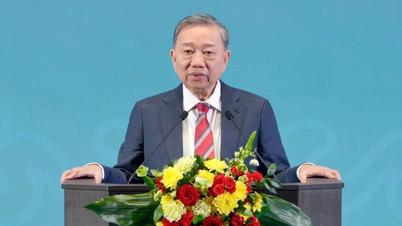











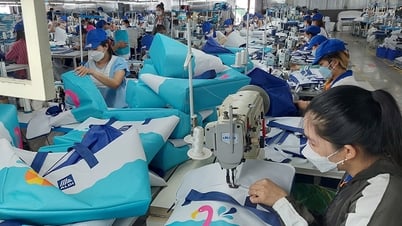





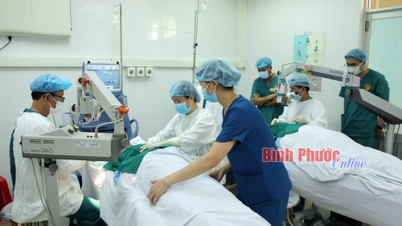
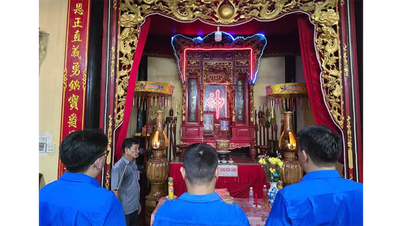

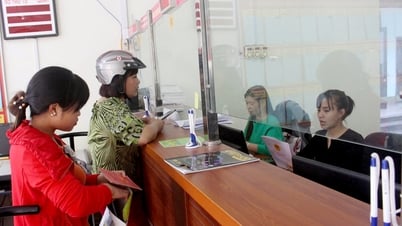











Comment (0)